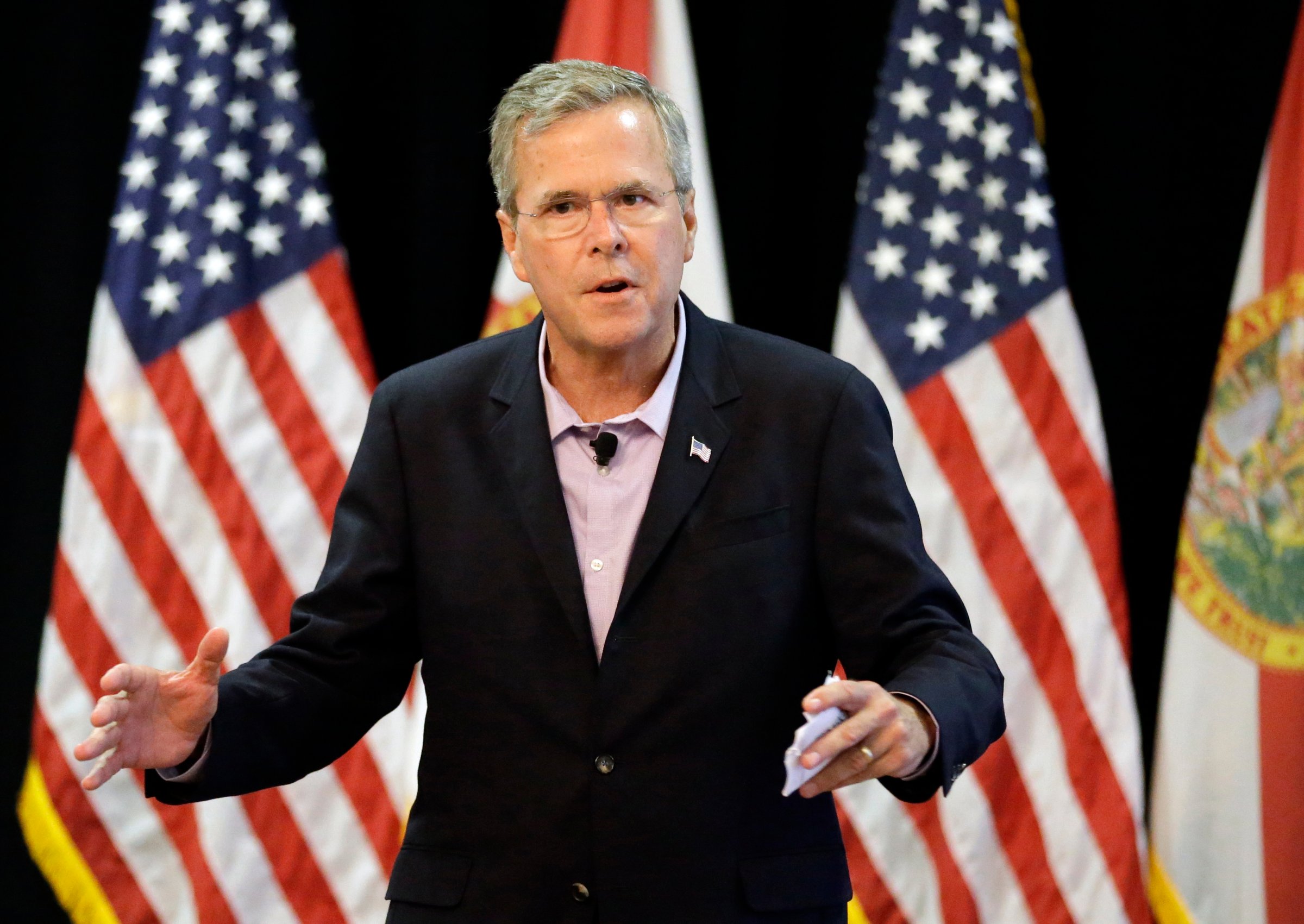
Correction appended, Aug. 4
The 2016 presidential race may be a whole new ball game in terms of fundraising, but most of the players’ names are awfully familiar — even if their faces are a bit more lined.
Very few of the top donors to the super PACs backing one of the many GOP White House hopefuls or handful of Democratic candidates are new to giving substantial political gifts, according to a review of Federal Election Commission data by the Center for Responsive Politics, and many have been active for decades.
The relative absence of new faces in the very small pool of really big donors magnifies the impact of ultra-wealthy individuals who have been participating in the process for years — the Robert McNairs, Jeffrey Katzenbergs and Richard Uihleins of the fundraising world.
But they are anteing up more than ever before as their favored candidates’ campaigns become ever more intertwined with the super PACs, announcing combined fundraising totals and splitting up activities, like voter outreach, that once were firmly functions of the campaign committees — not the supposedly independent outside groups.
While there are no complete ingenues among the rosters of top donors to the super PACs, which filed their disclosure reports for the first half of the year this week, there are a few who previously haven’t given sums anything like those they are notching this year. They include the Texas-based Wilks family, four members of which gave $15 million to groups backing Sen. Ted Cruz (R-Texas); brothers Farris and Dan are religious conservatives who got rich in the fracking business. Another: Laura Perlmutter, who gave $2 million to a super PAC supporting Sen. Marco Rubio (R-Fla.).
The pure numbers are staggering: In the 2012 election cycle, all super PACs together had raised about $26 million by June 30 of the year before the vote; presidential super PACs were responsible for about $15.6 million. This time, the total comes to more than $258 million at the same point in time for presidential super PACs alone.
That’s about double the more than $130 million the presidential campaigns raised in the first six months of this year, setting up a new paradigm for campaign finance at the federal level. Jeb Bush and Hillary Clinton, with combined totals of $114 million and $71 million respectively, have settled themselves atop the all time list of presidential campaign-related fundraising in the first six months of the year before the election.
Several of the Republican efforts have been utterly dominated by outside groups raising unlimited amounts from individuals, corporations and other organizations. Seven Republican candidates reported larger fundraising totals for their supposedly unconnected super PACs than they disclosed for their campaigns, with the pro-Bush Right to Rise group pulling in nearly 10 times as much as the campaign itself.
A caveat, though: Absent this super PAC fundraising, the candidates themselves are lagging far behind the pace set in 2007, the last campaign with no incumbent seeking re-election. Six of the seven largest fundraising totals at this point in all prior cycles came in 2007 when Hillary Clinton, Barack Obama, Mitt Romney, Rudy Giuliani, John McCain and John Edwards all raised more than $23 million by June 30. Only four of this year’s competitors (Bush, Clinton, Cruz and Rubio) have reached that level for their campaigns and super PACs combined.
See the 2016 Candidates Looking Very Presidential
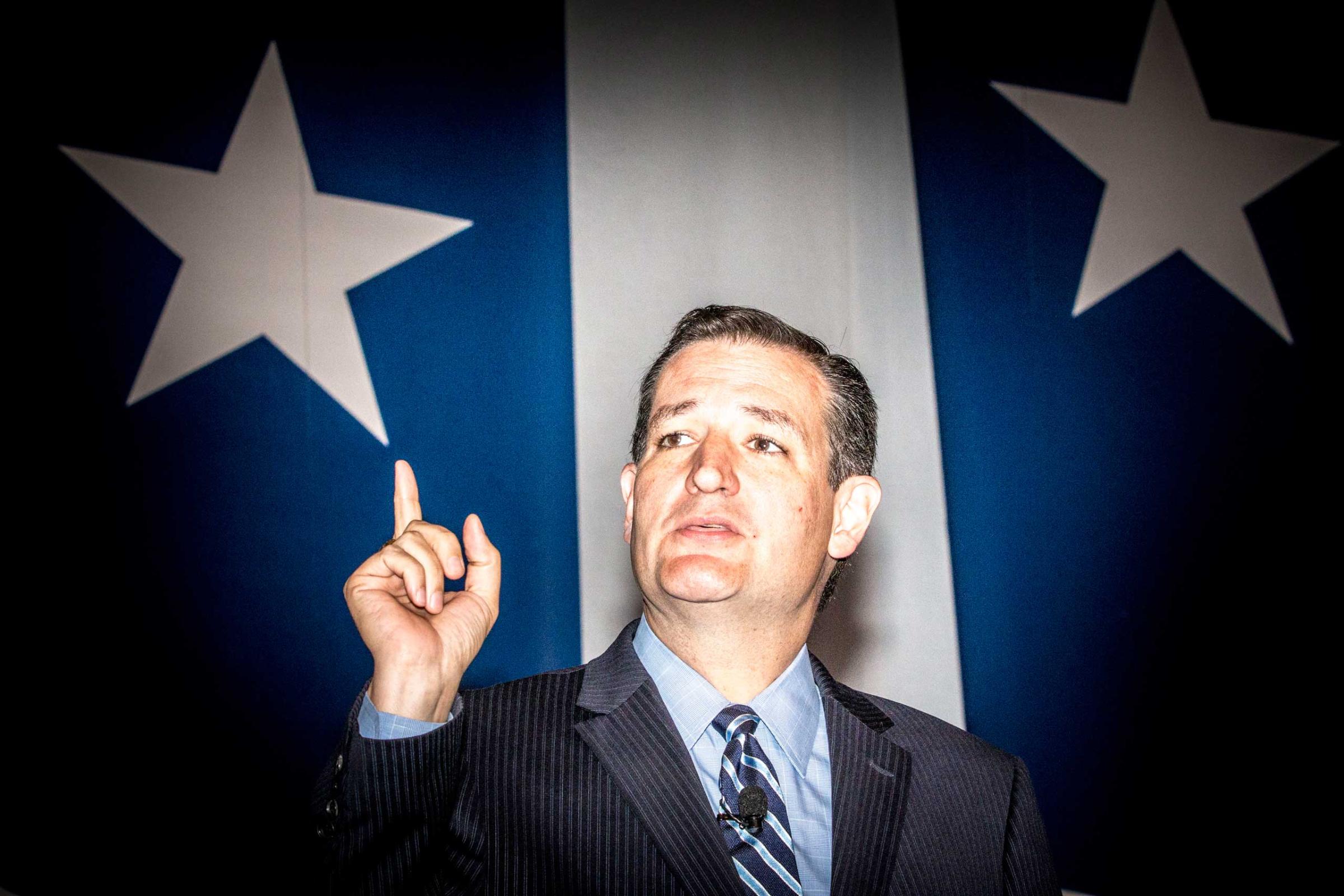
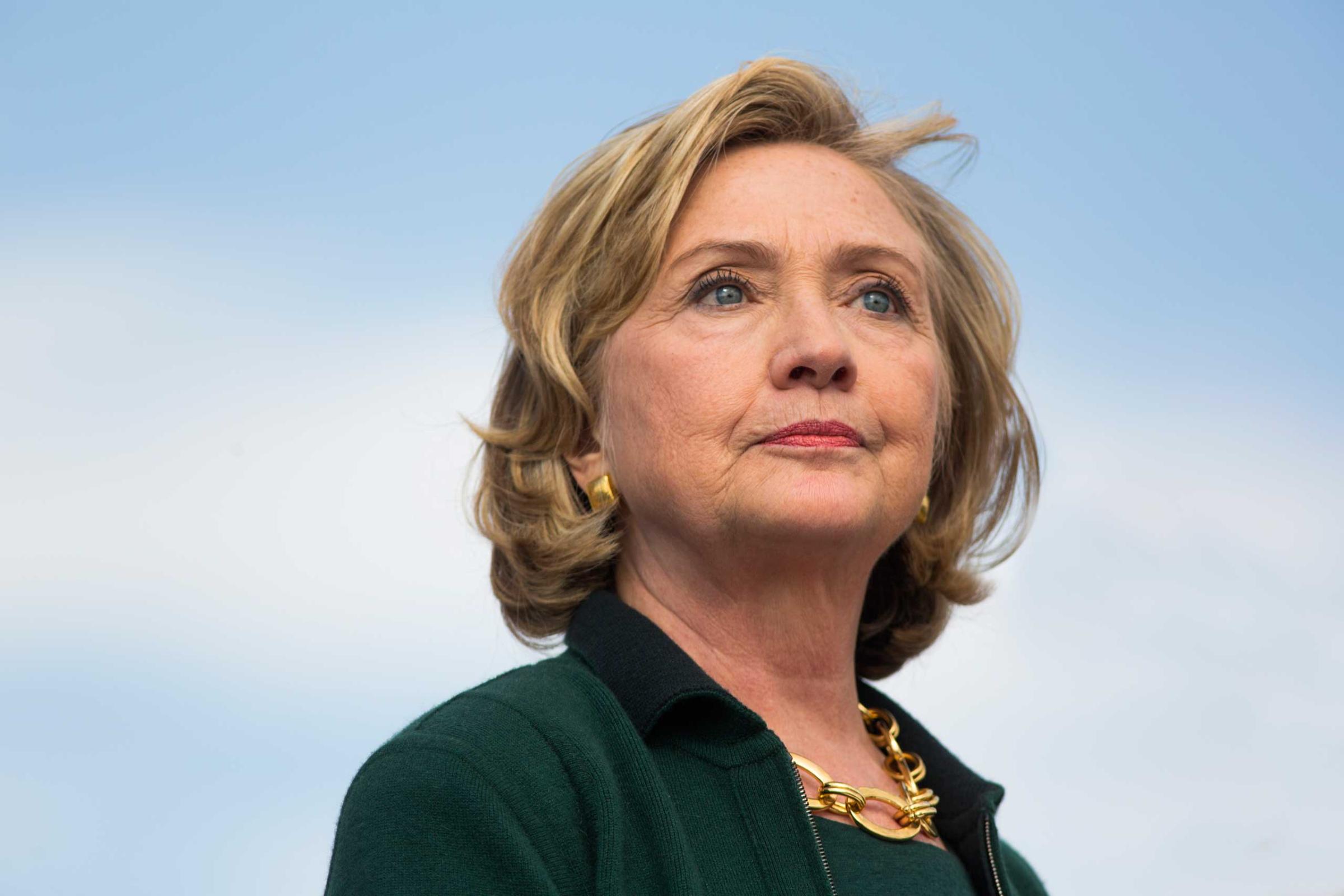
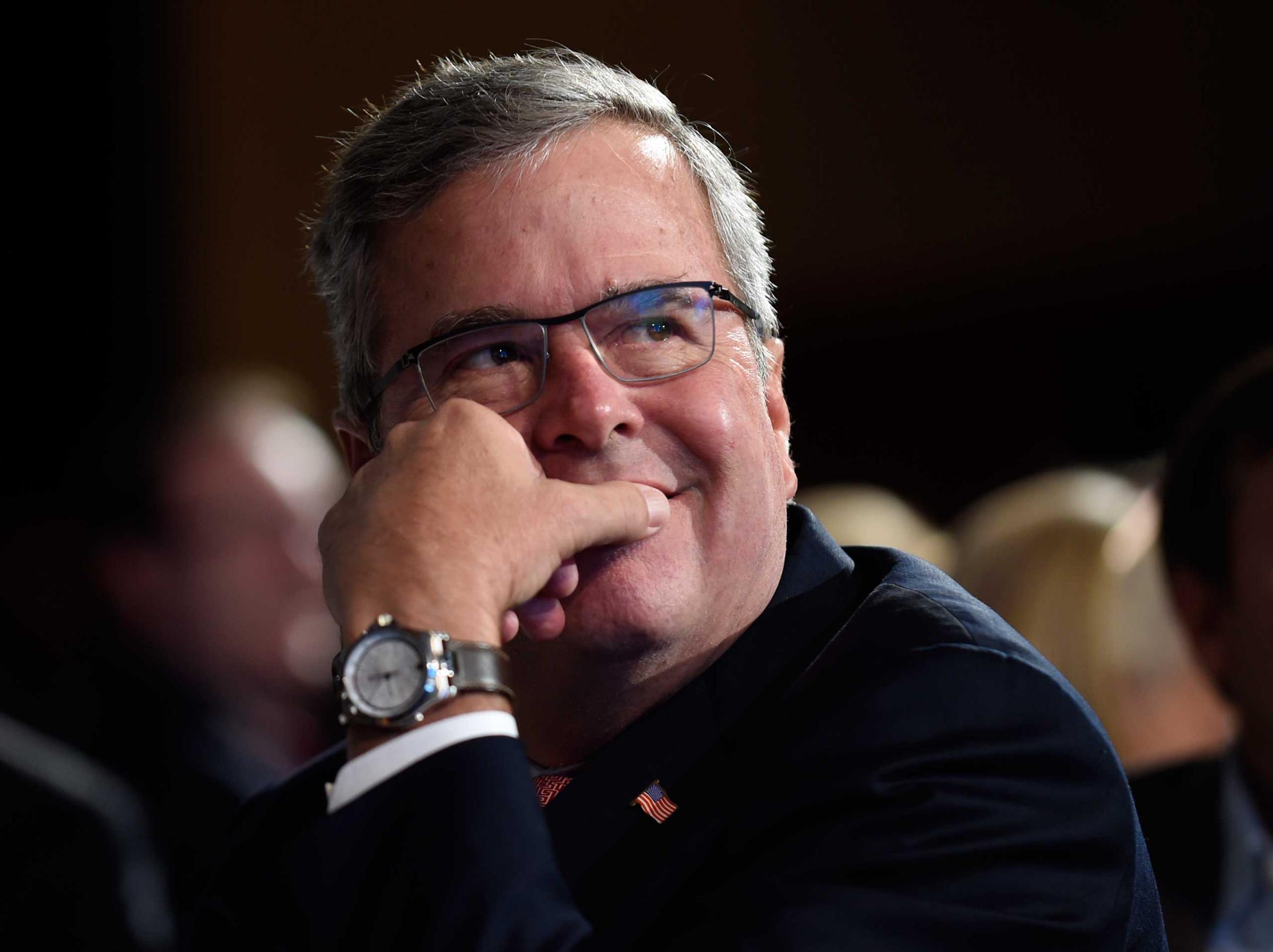
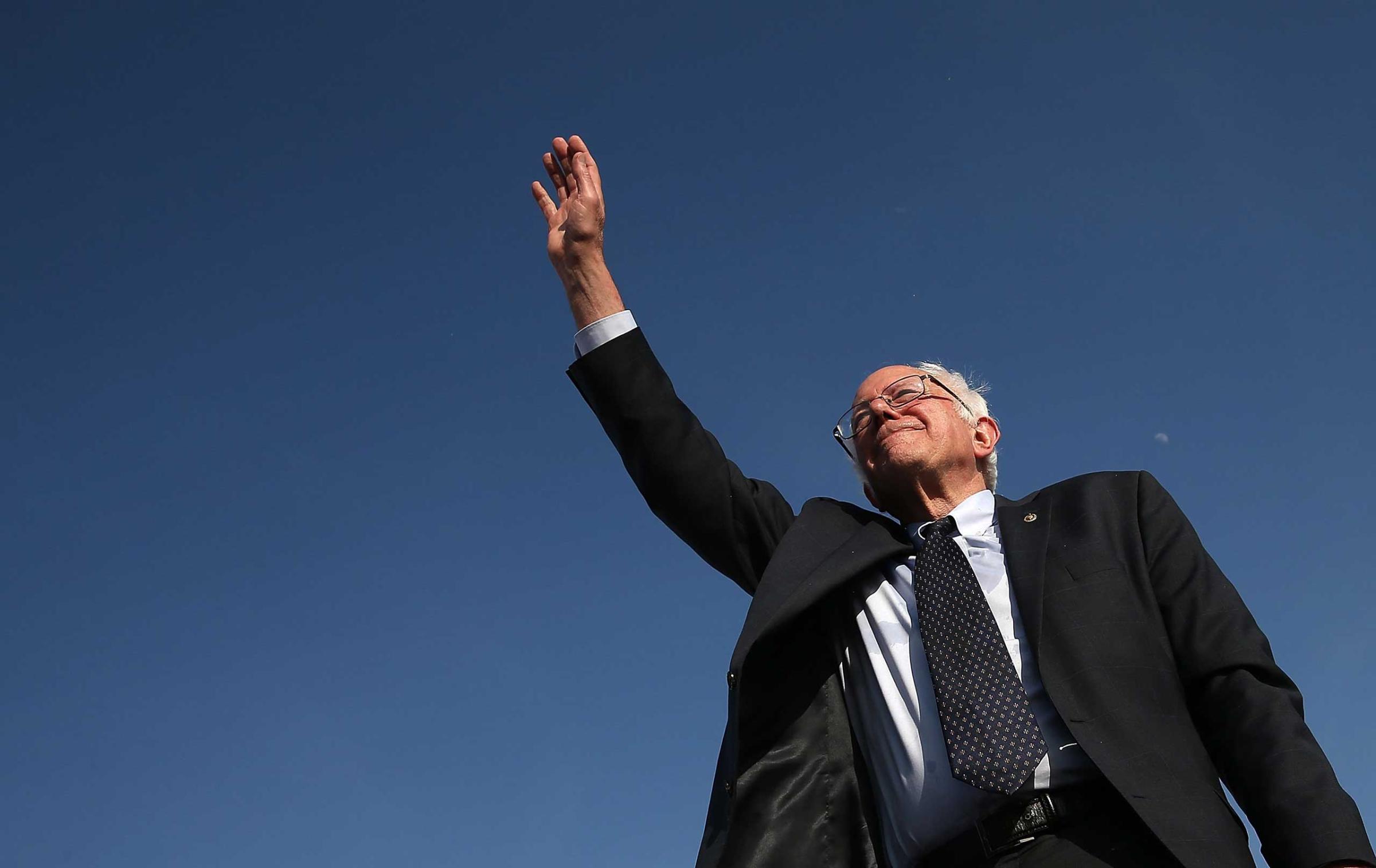
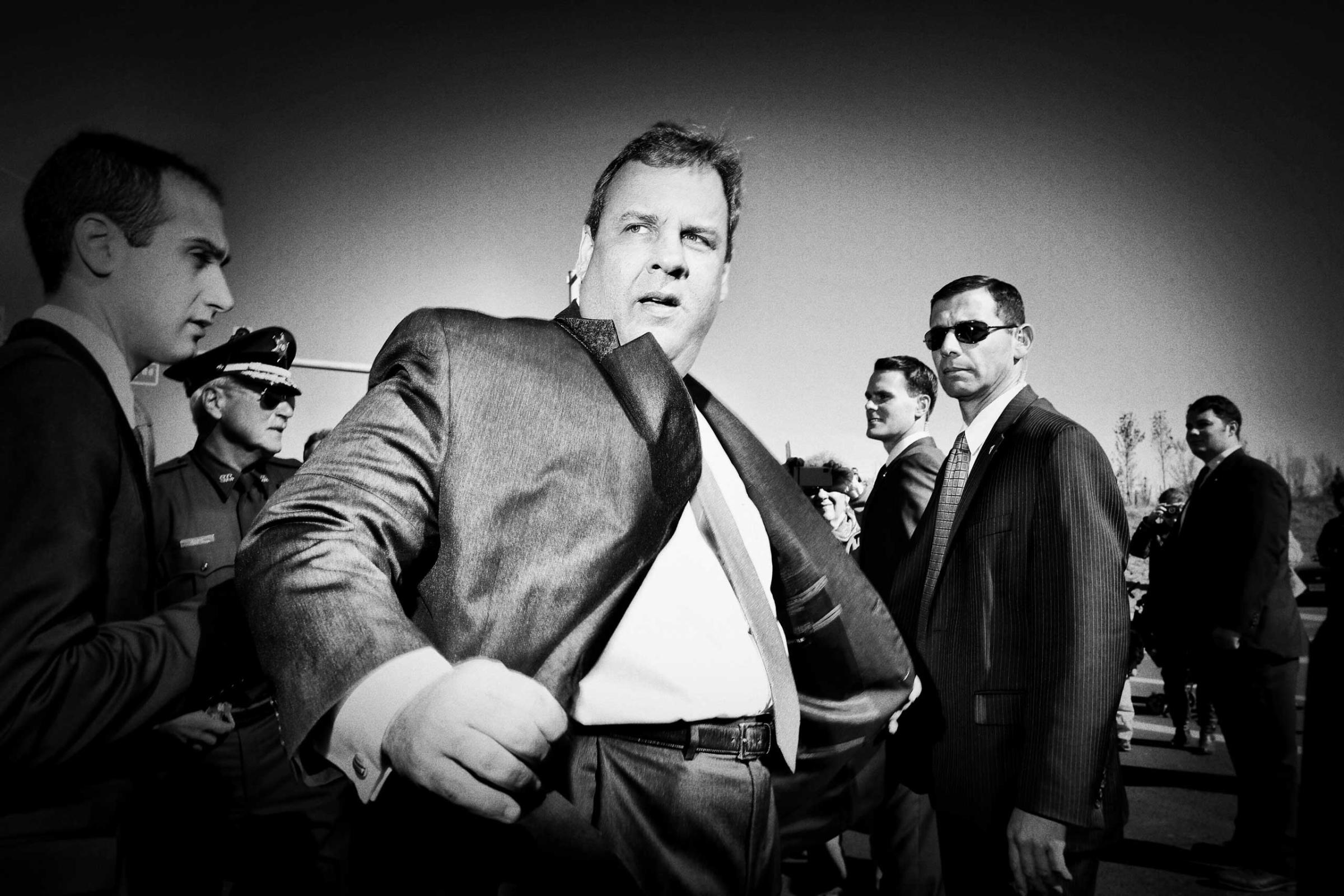
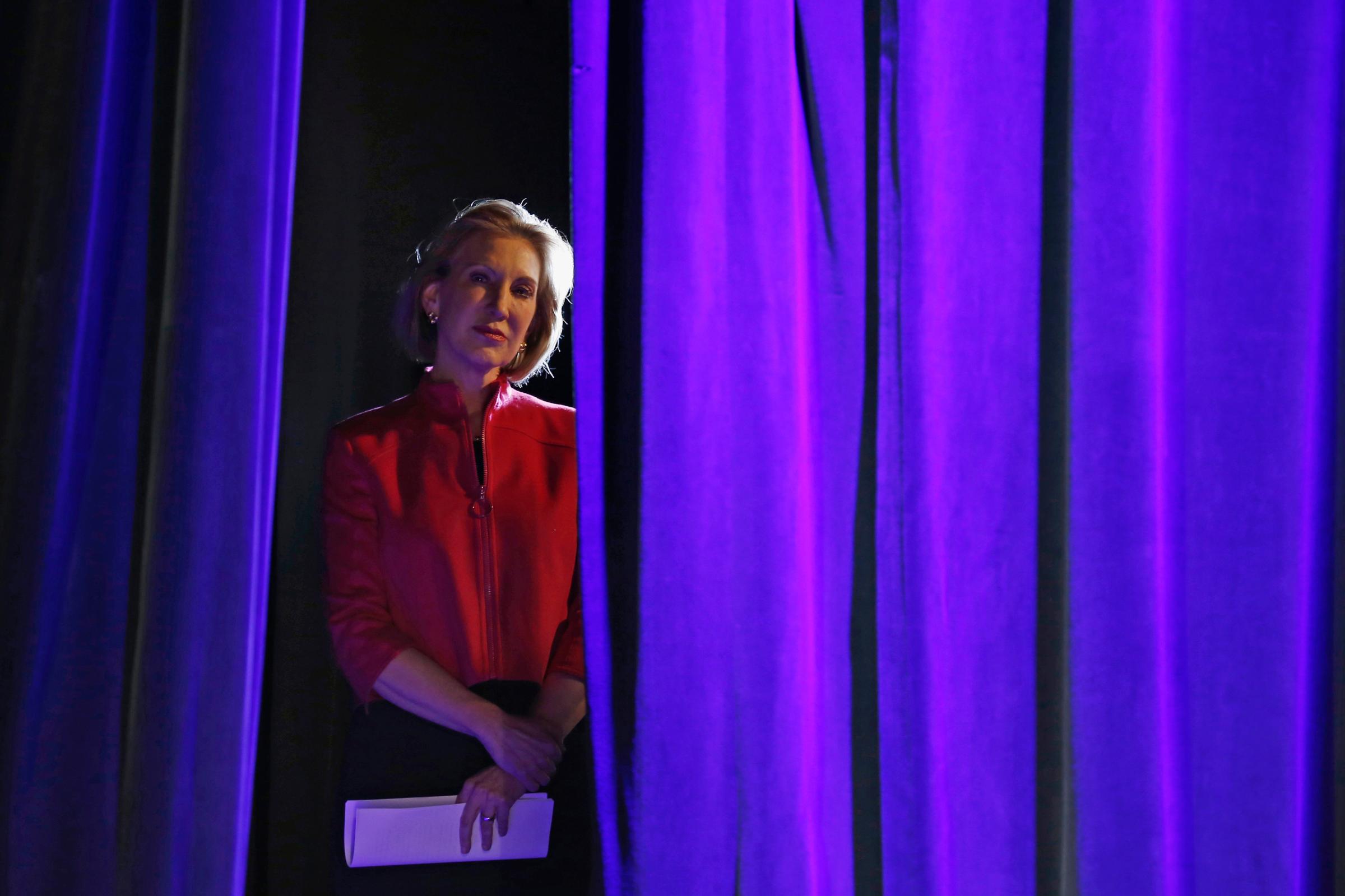
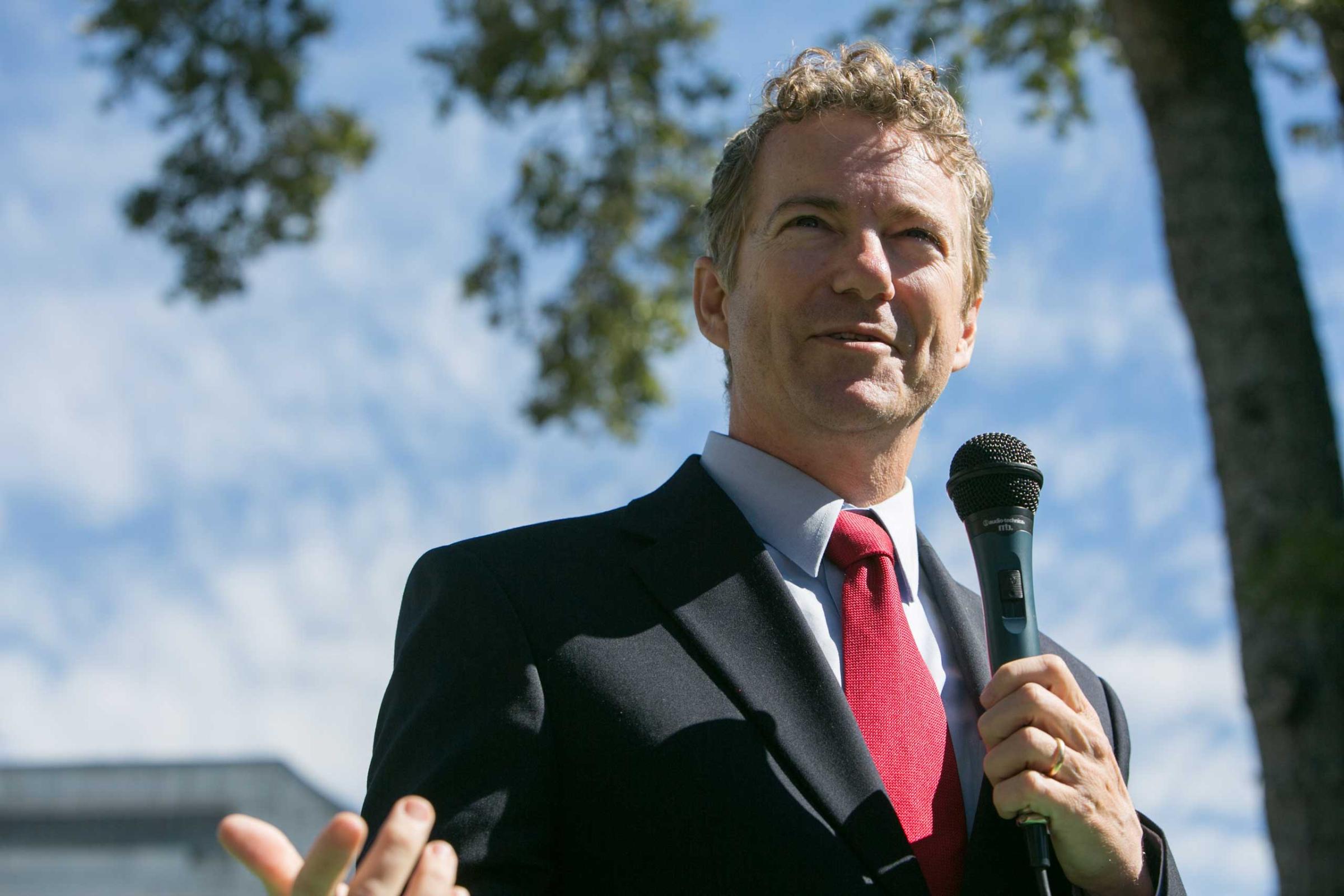
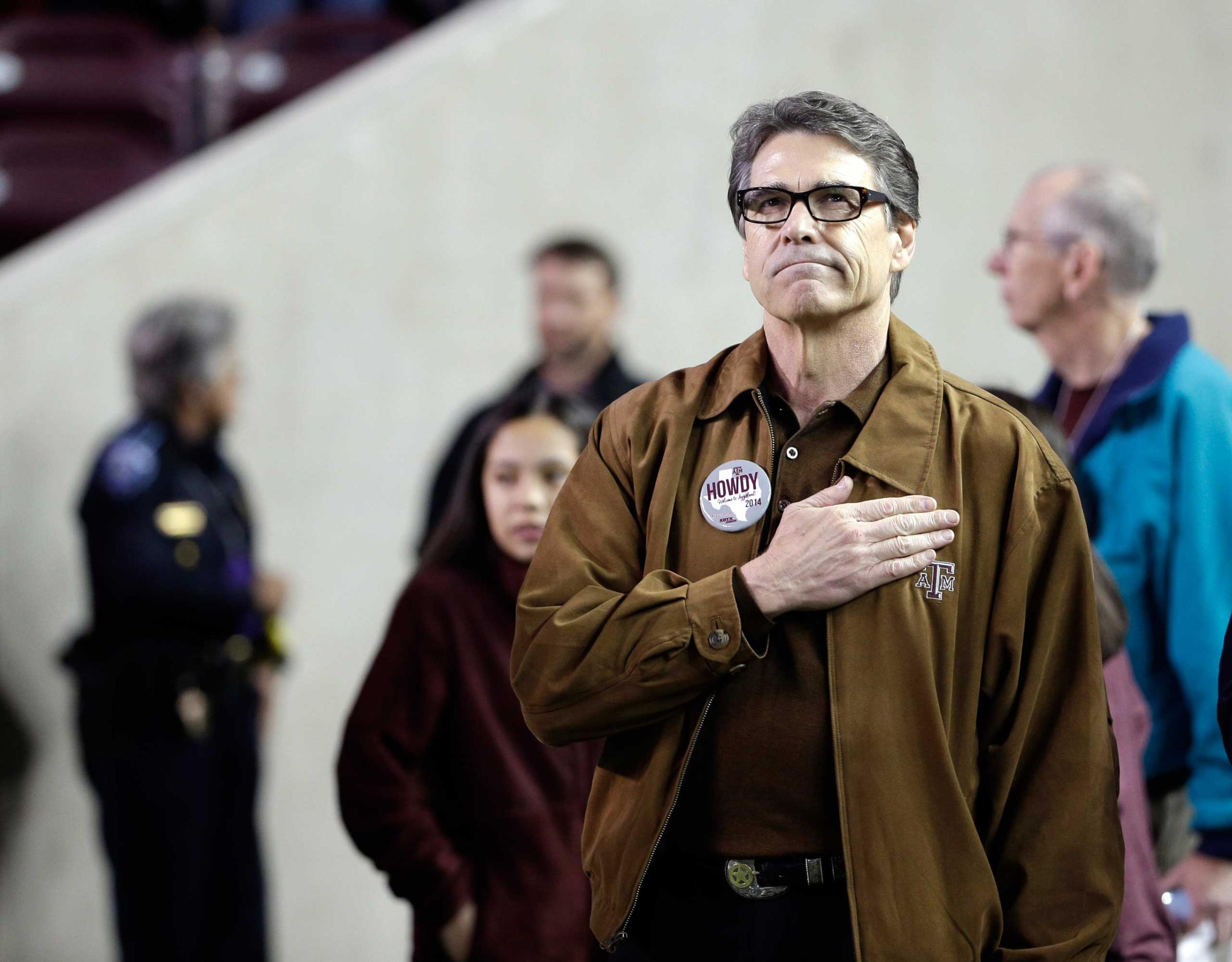
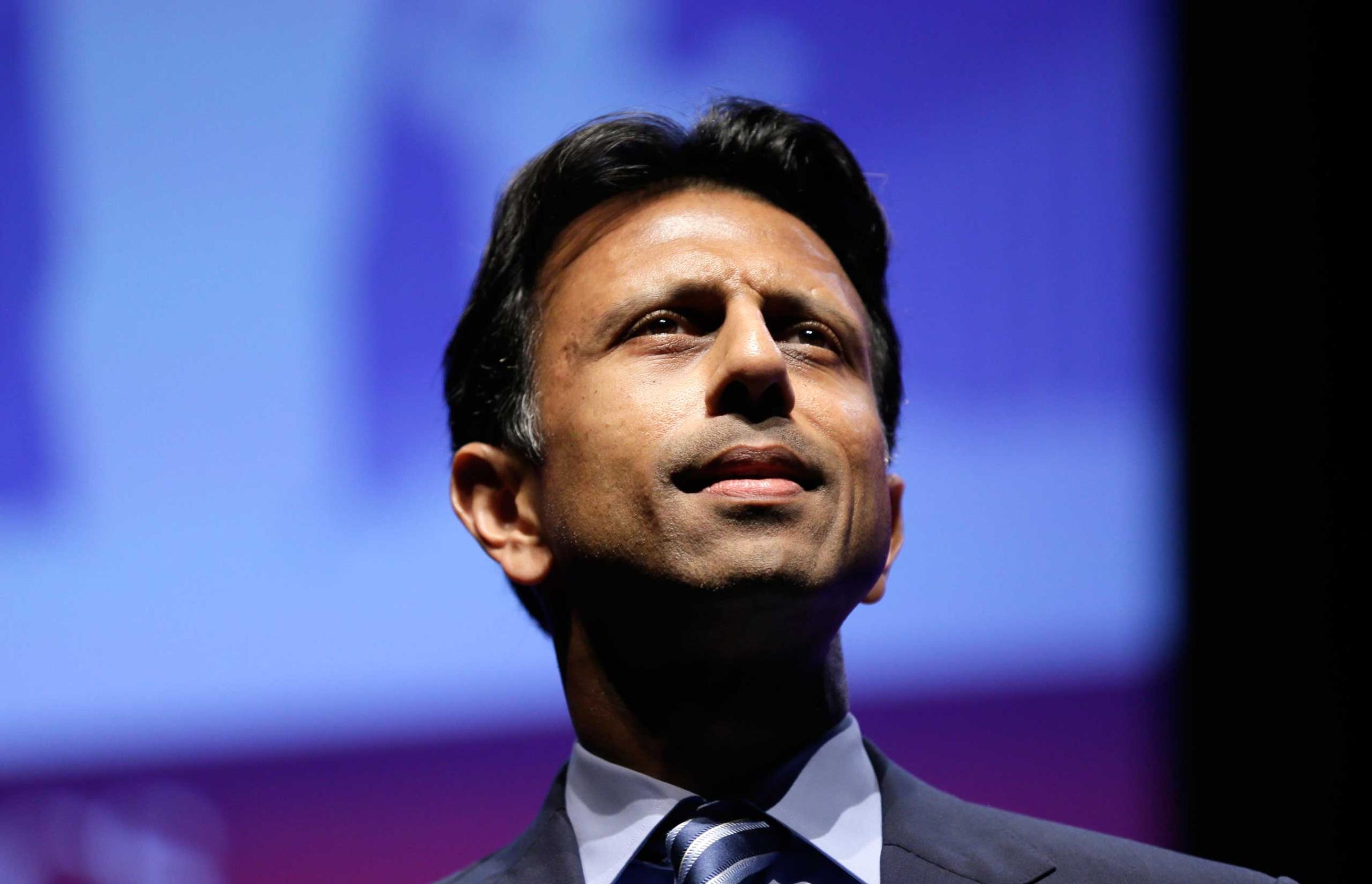
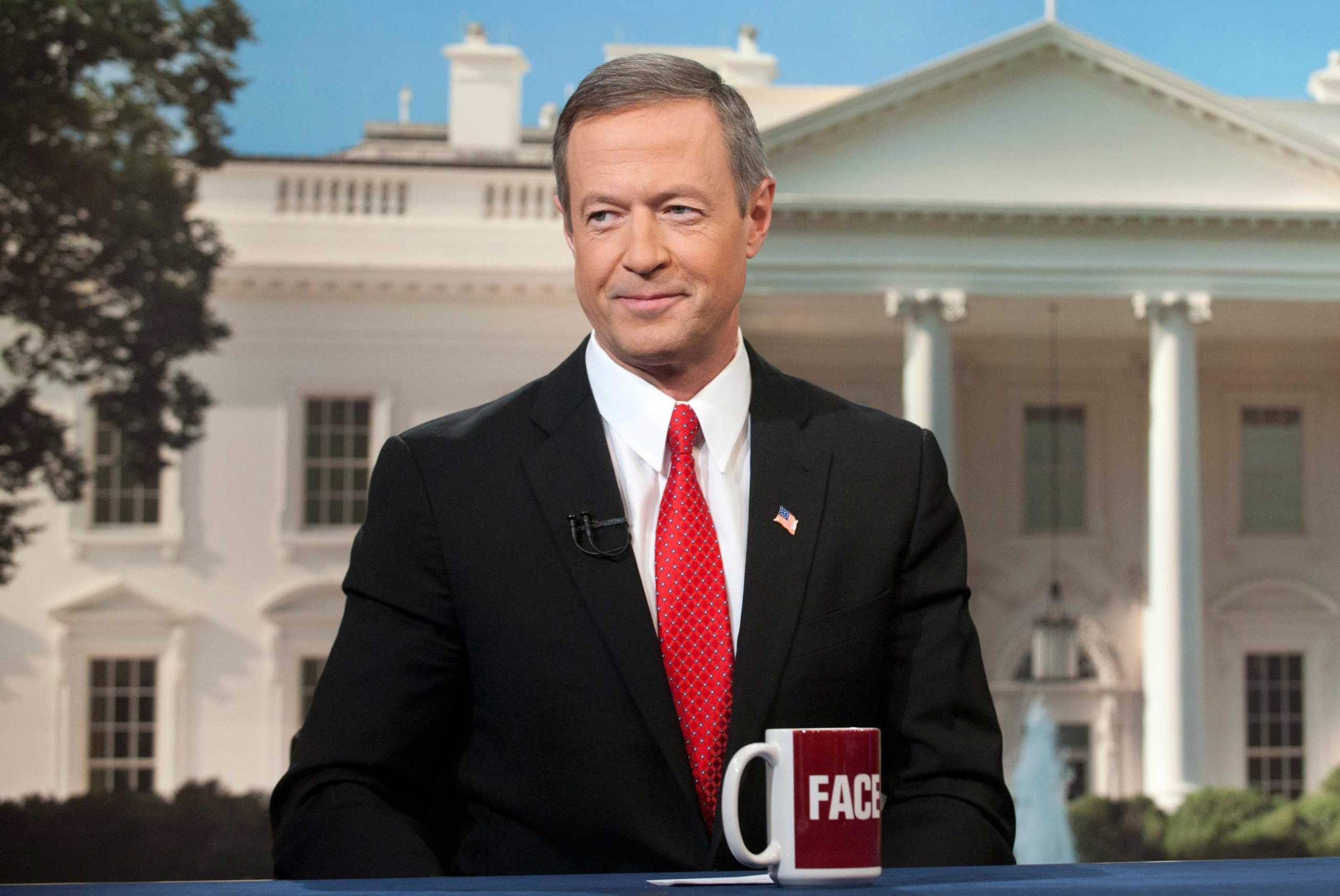
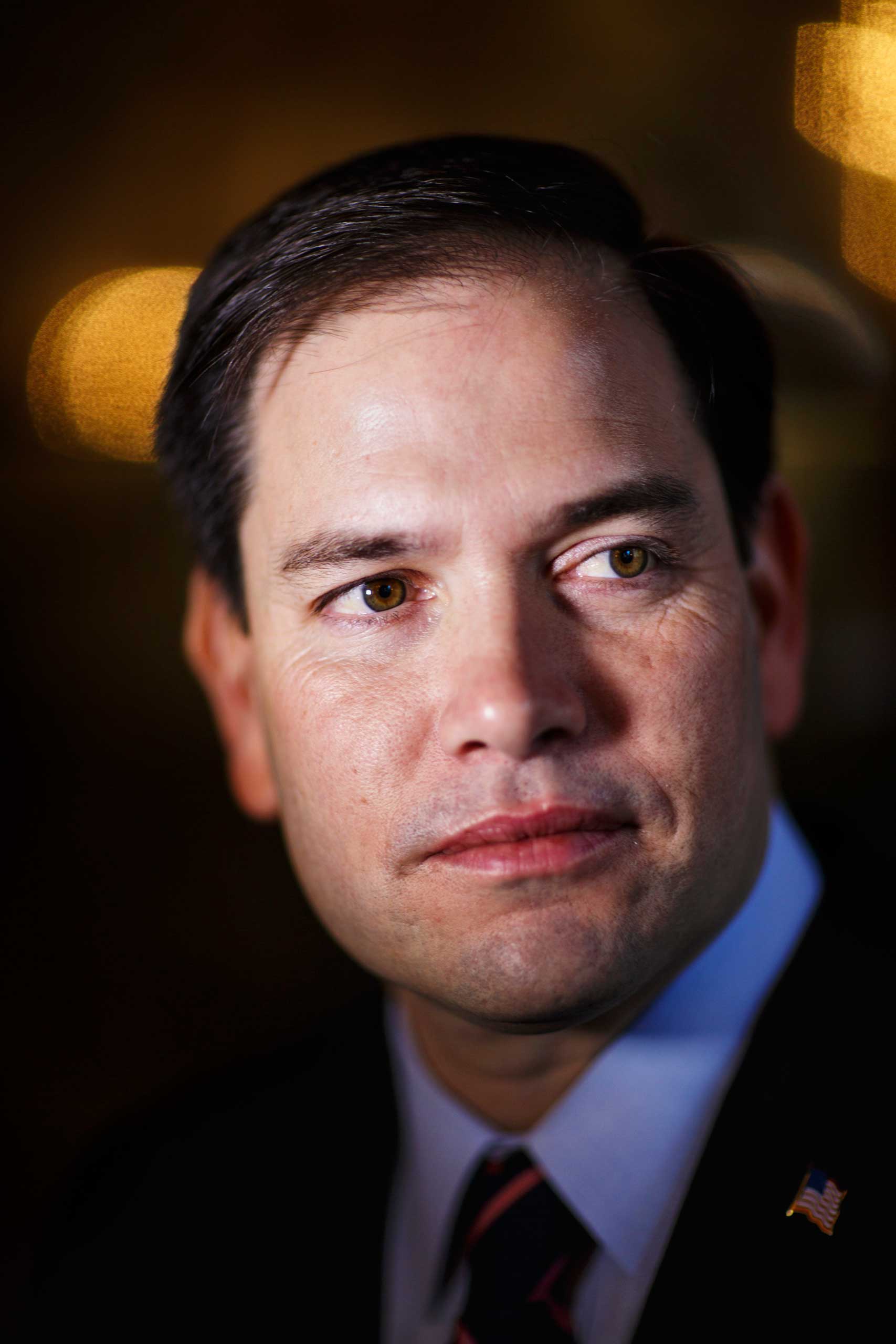
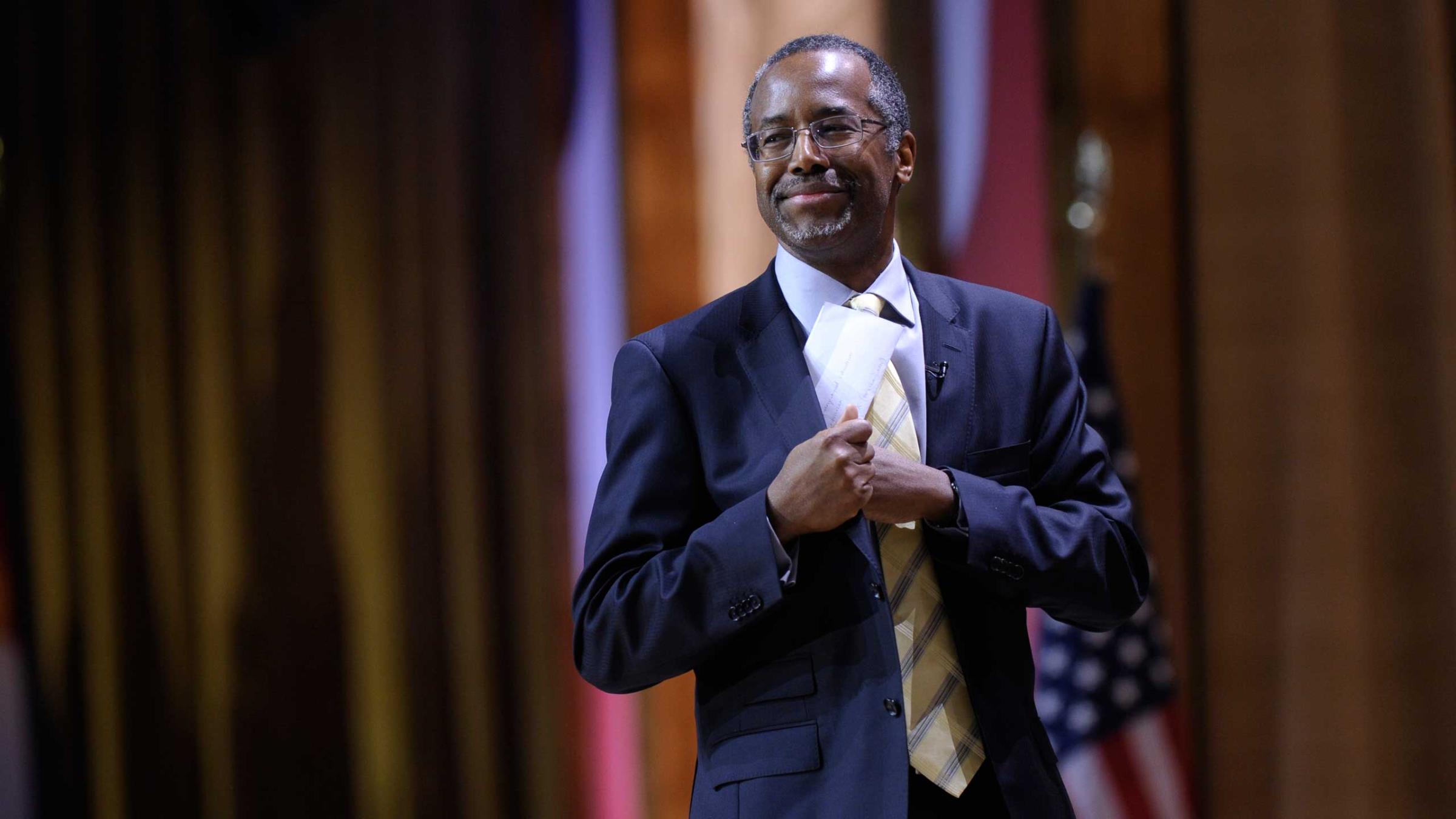
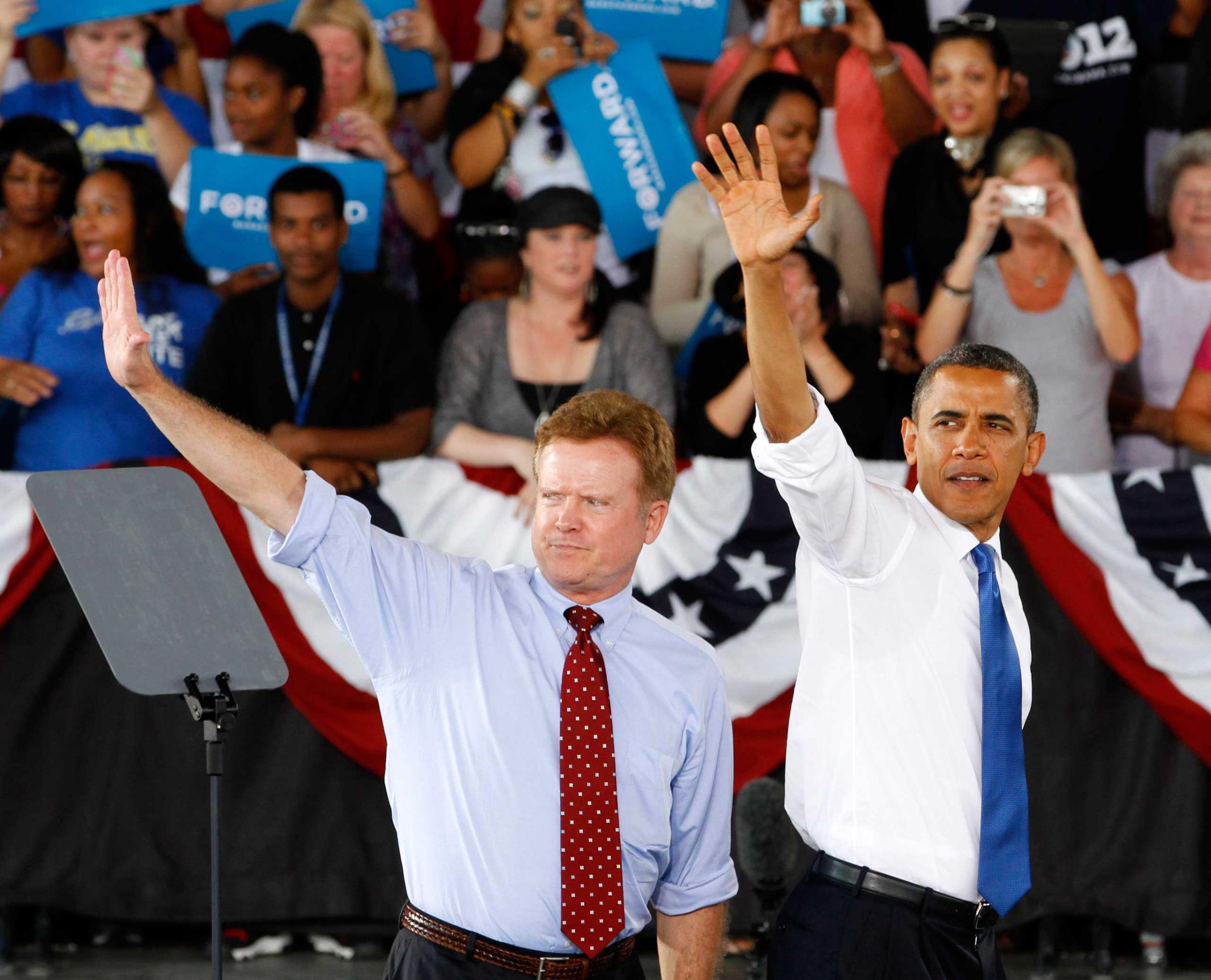
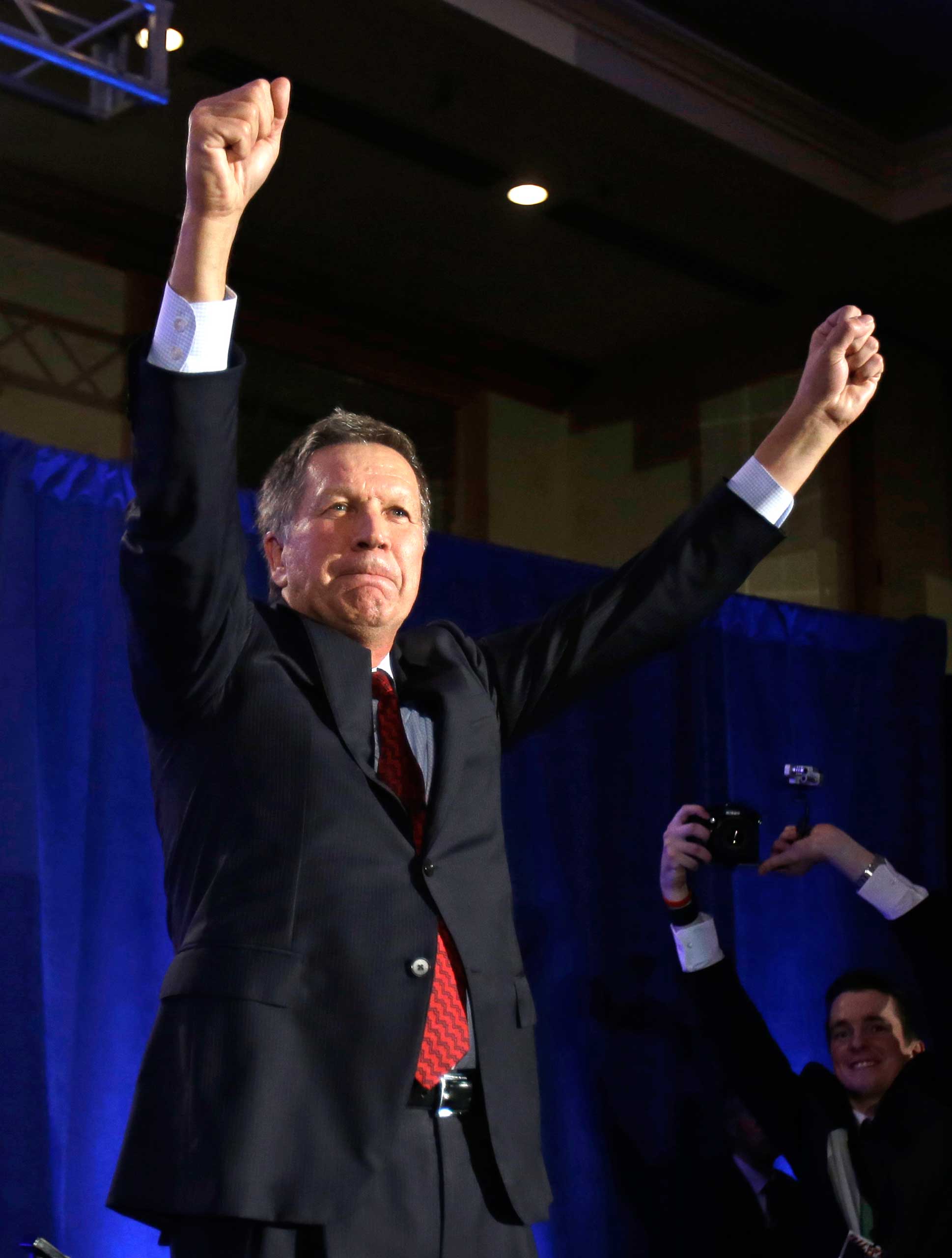
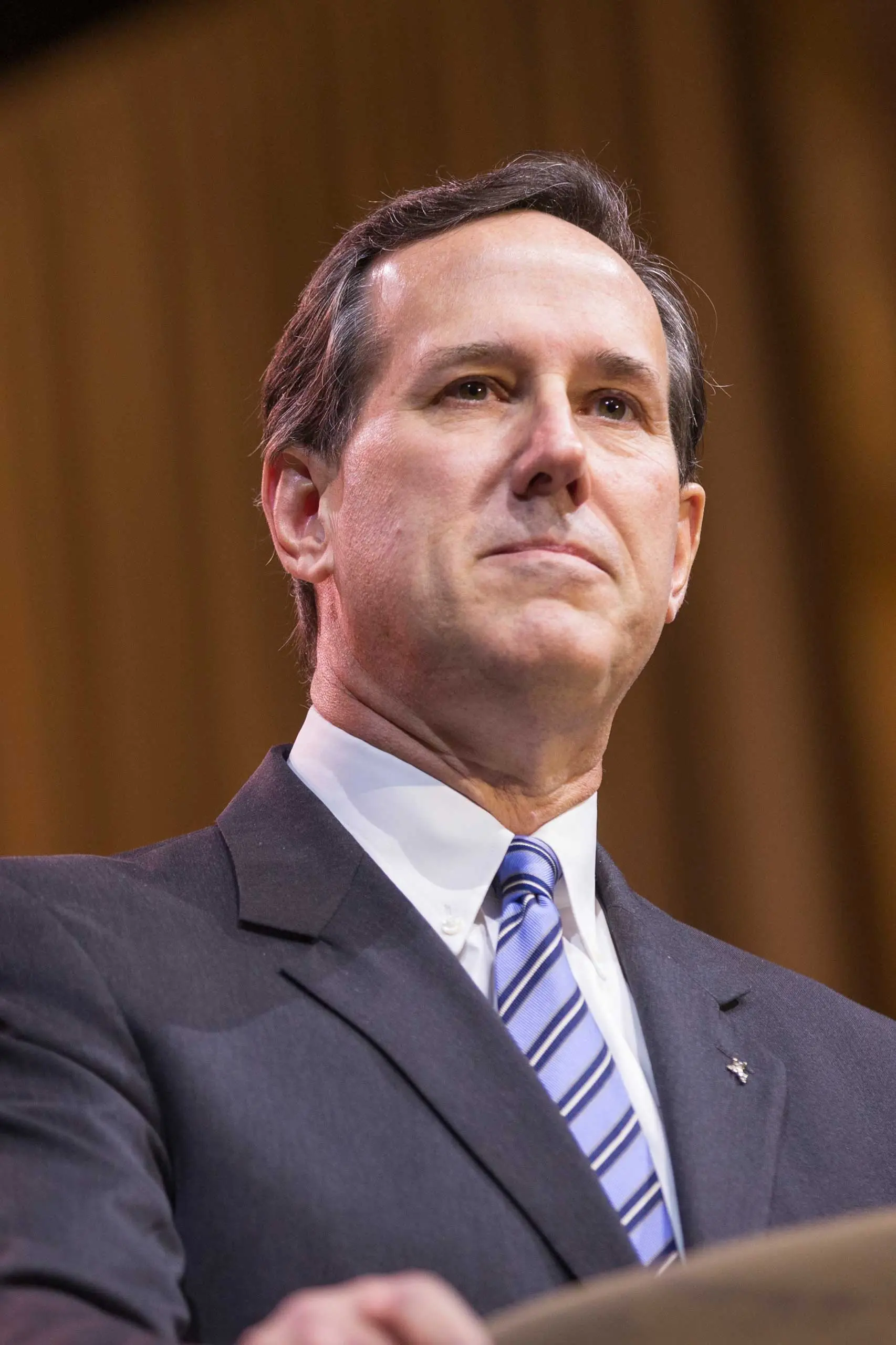
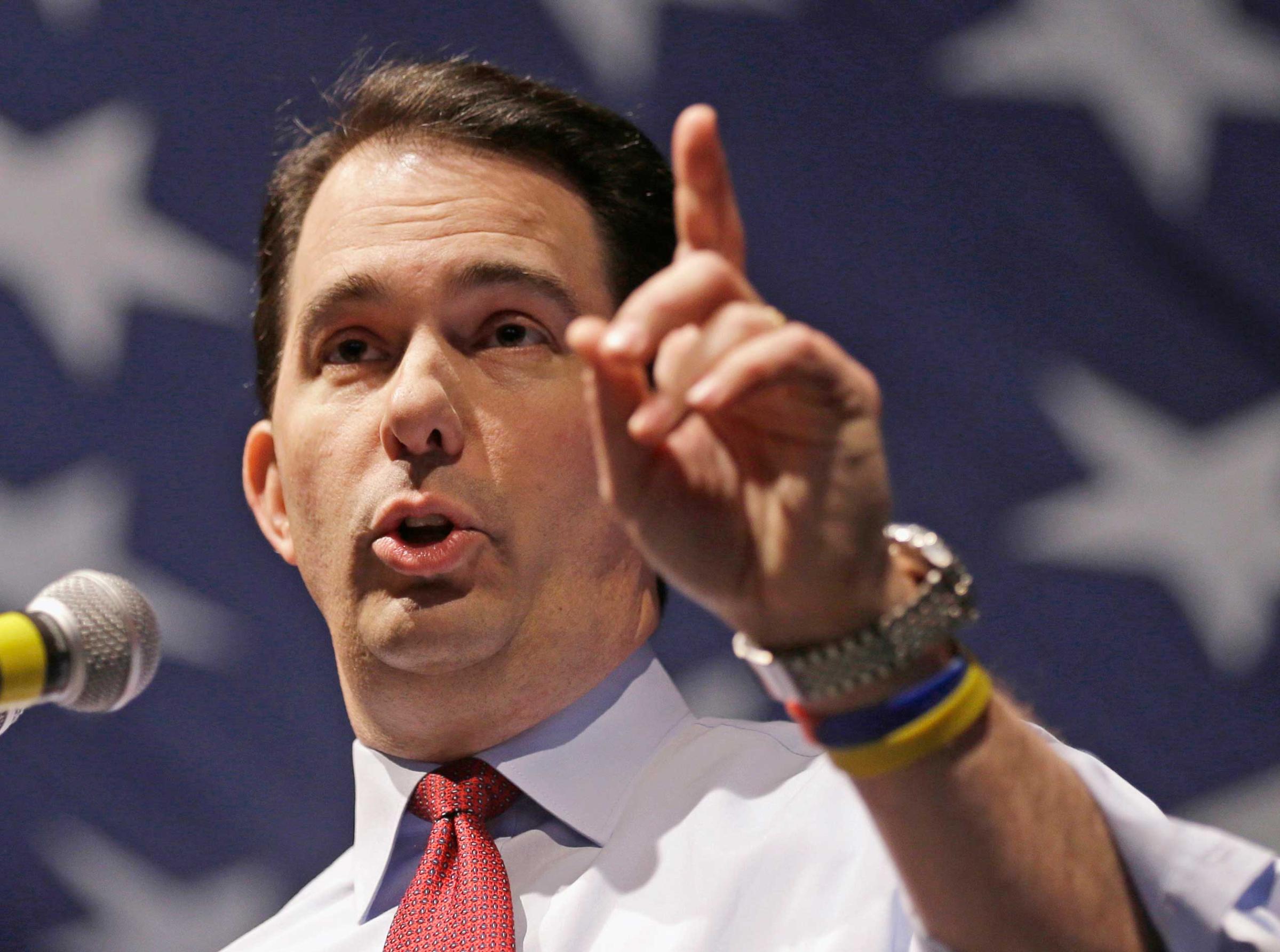

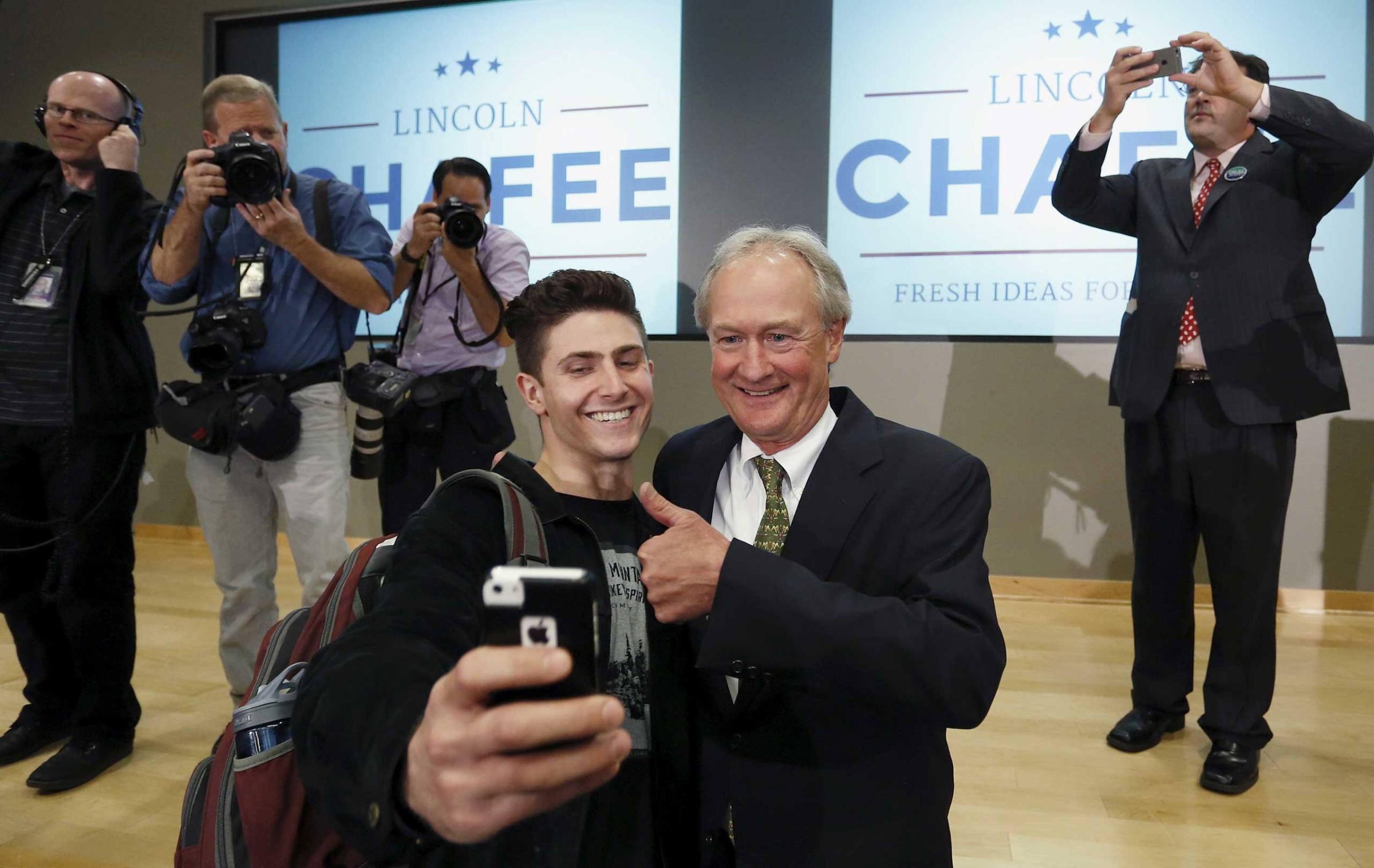
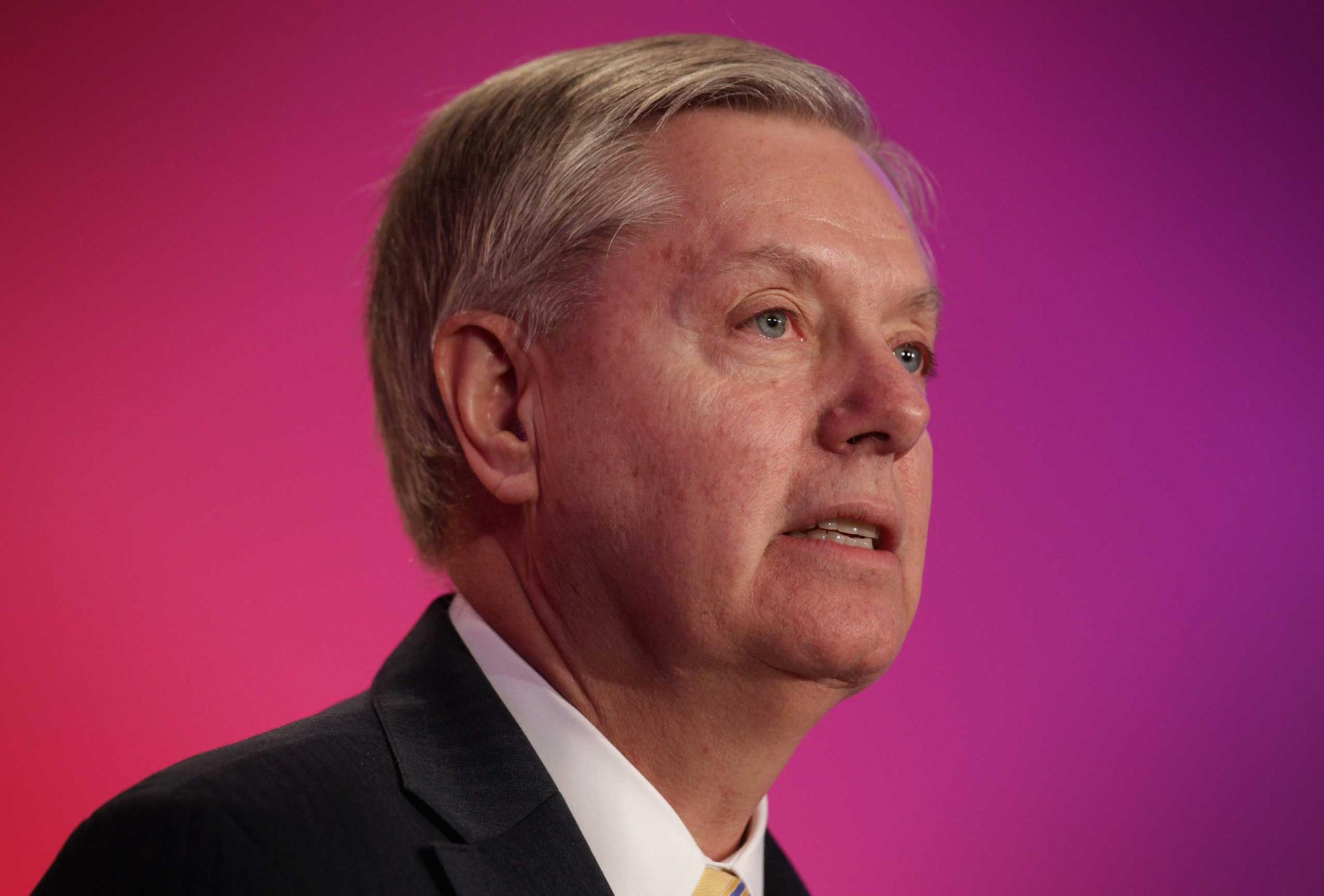
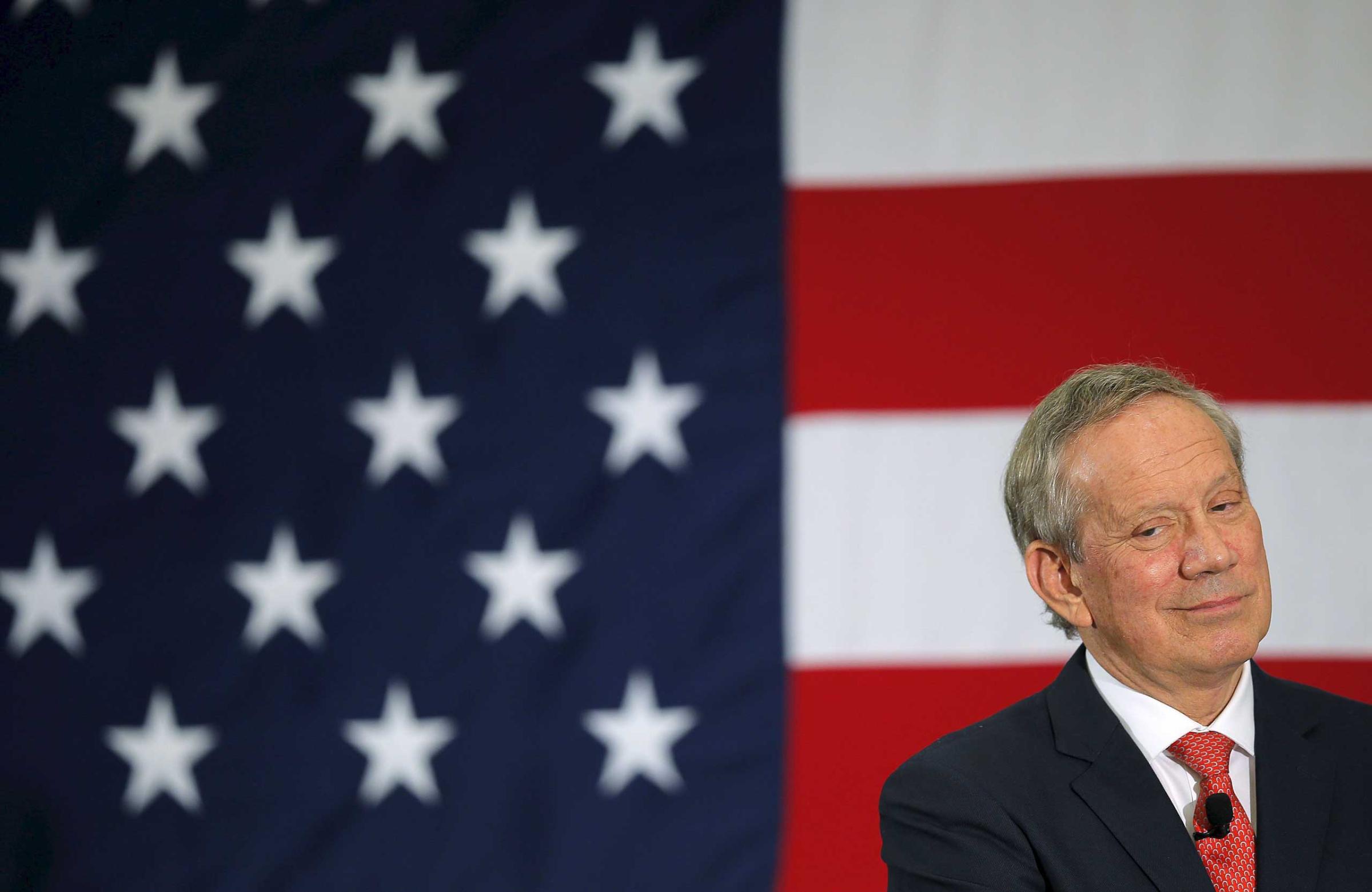
One important impact of super PAC activity in the 2012 presidential race could be looming again itself again in the earliest stages of the 2016 contest. These groups, which allow candidates to benefit from the seemingly limitless financial support of a small number of ardent and affluent supporters, can keep campaigns going long after they ordinarily would have died a natural death.
In 2012 the campaigns of former Rep. Newt Gingrich (Ga.), former Sen. Rick Santorum (Penn.) and other Republicans were prolonged by funding in the tens of millions from a handful of supporters. Friday’s filings show that contributions from five or fewer donors make up the majority of the super PAC funding for nine of the GOP candidates: Rubio, Rand Paul, Cruz, Rick Perry, Carly Fiorina, Bobby Jindal, Scott Walker, Mike Huckabee and Santorum. In many cases, the money given by five or fewer individuals or institutions is more than the total given by all individuals directly to the presidential campaign committees of these contenders.
Some donors have hedged their bets, giving large amounts to groups backing multiple candidates. Hedge fund manager Robert Mercer, for instance, was among the top three donors to super PACs backing both Jindal and Cruz, though he gave far more to the pro-Cruz effort. Houston Texans owner Robert McNair was more equitable, giving $500,000 each to super PACs backing no less than four Republican candidates: Security is Strength (Graham), Unintimidated (Walker), Keep the Promise (Cruz) and Right to Rise USA (Bush).
Only a few of the 17 declared Republican candidates, five Democrats, or the Green Party entry lacks at least one supporting super PAC, including Sen. Bernie Sanders(D-Vt.), former Rhode Island Gov. Lincoln Chafee and Green Party candidate Jill Stein. On the other hand, Paul has at least two major super PACs in his corner, andCruz has four, each of which seems to have been “purchased” by one or two mega-donors and has a name that is some version of “Keep the Promise.”
What’s a wealthy donor to do? The two primary outside groups supporting Hillary Clinton’s campaign have addressed the potential for confusion by organizing a joint fundraising committee to distribute funds among themselves — one-stop shopping that keeps prospective contributors from having to choose and the groups from having to compete for checks. Priorities USA Action will get the bulk of the funds, with a smaller share going to Correct the Record, the group that fights attacks on the former secretary of state.
The Center for Responsive Politics is a nonpartisan research group focused on money in politics.
Correction: The original version of this story misstated which super PACs had raised about $26 million for the 2012 election cycle by June 30, 2011. That was the total amount raised by that date for all super PACs.
More Must-Reads From TIME
- The 100 Most Influential People of 2024
- How Far Trump Would Go
- Scenes From Pro-Palestinian Encampments Across U.S. Universities
- Saving Seconds Is Better Than Hours
- Why Your Breakfast Should Start with a Vegetable
- 6 Compliments That Land Every Time
- Welcome to the Golden Age of Ryan Gosling
- Want Weekly Recs on What to Watch, Read, and More? Sign Up for Worth Your Time
Contact us at letters@time.com